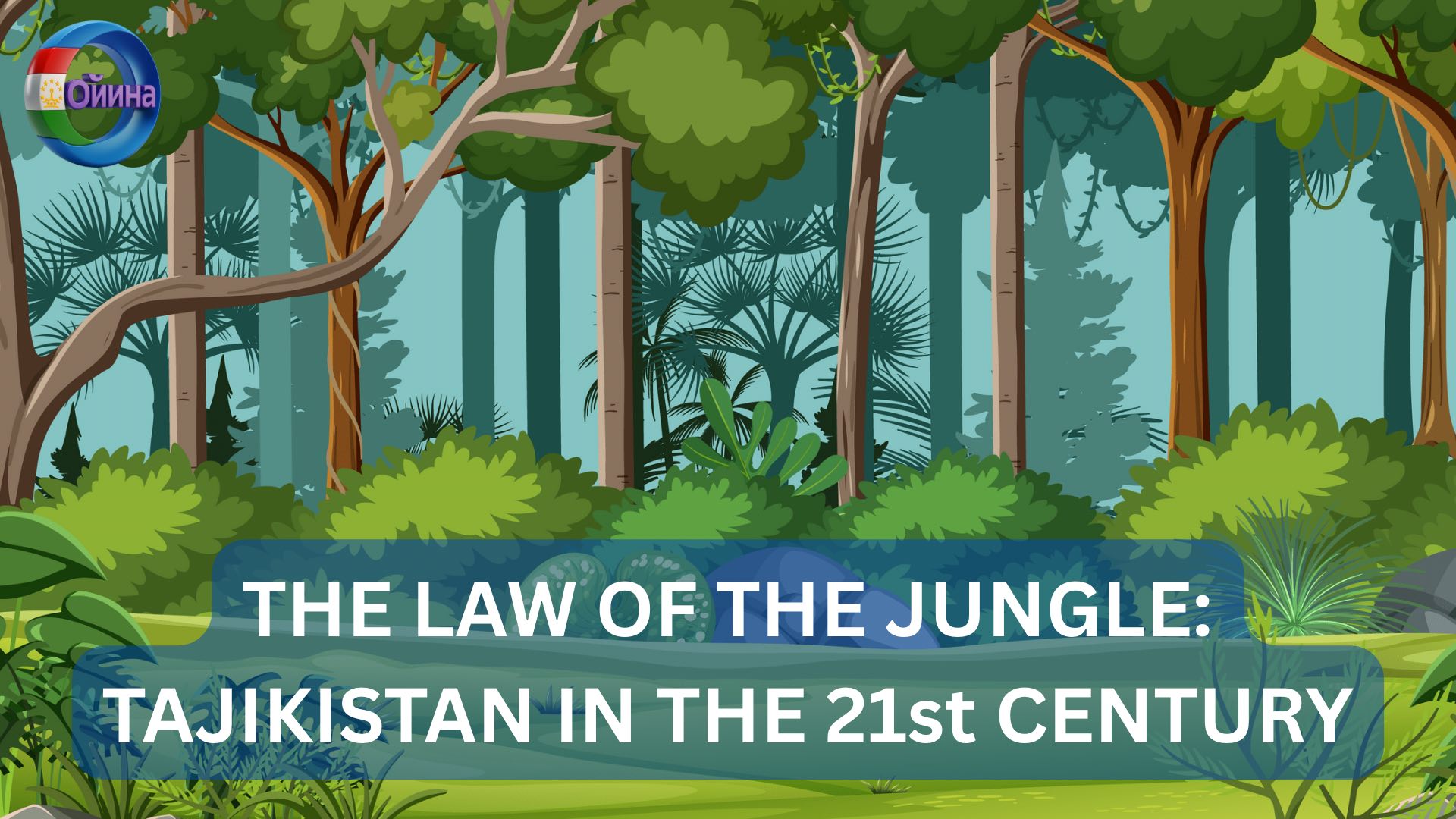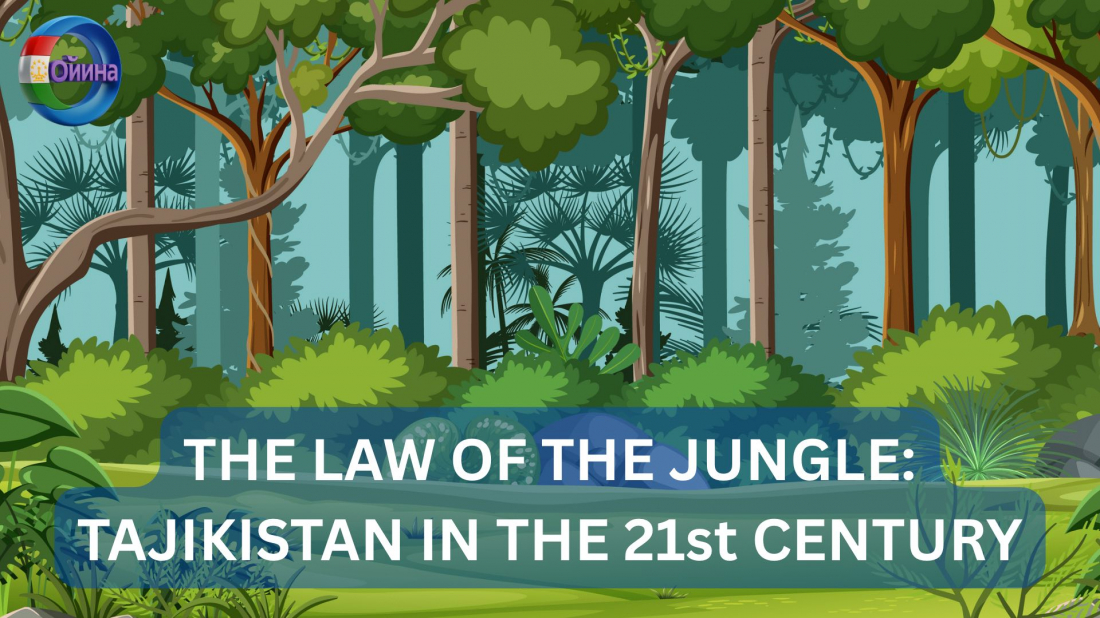
THE LAW OF THE JUNGLE: TAJIKISTAN IN THE 21st CENTURY
27 August 2025, Kova Haksyto
In 2025, in the 21st century, a Tajik farmer still lives much as his ancestors did centuries ago. In the mountains and villages, winter means weeks without electricity. In the summer, there is no gas to cook food. Pensions and salaries are so meagre that some elderly people cannot even afford a day’s worth of meals.
Women cook on open fires. Men gather wood and dried dung for fuel. Livestock are driven to summer pastures. A few try to survive through beekeeping. Yet even for this, the state demands payment. The government has effectively placed a tax on survival itself.
Under new regulations, life without payment has become impossible:
- Firewood:
— if collected personally: 156.92 somoni per cubic metre;
— purchased from forestry authorities: 392.29 somoni;
— for construction timber: 472-520 somoni. - Hay: 25 somoni per hectare.
- Grazing rights:
— up to 220 animals: 235 somoni per month;
— up to 1,000 animals: around 940 somoni. - Beekeeping: 5-10 somoni per hive per season.
For a household where a husband earns 1,500 somoni and his wife 800, such fees are a crushing burden. Families must pay not only for food and warmth, but simply for the right to survive.
Any attempt to gather firewood, cut grass or graze livestock without a “forestry permit” is punishable by fines. In just the first six months of 2025, authorities recorded 710 “violations”:
- 450 cases of illegal logging,
- 120 of unauthorized grazing,
- 35 of collecting medicinal herbs.
Officials claim the “damage” amounted to 647,000 somoni. In practice, the state punishes the poor for trying to stay alive.
In winter, people sit for weeks without power. The only fuel is wood and dung. Salaries and pensions are too low to sustain life. Young people migrate abroad, because survival at home is harder than hardship in exile.
Children and the elderly shiver in cold houses while their relatives work abroad and send money home—because in Tajikistan the government charges its citizens a tax on life itself.
Such a system of taxation might be tolerable in a country with high wages, free healthcare, strong social protection and dignified pensions. In Tajikistan, however, people pay for things that a functioning state should provide. Even the poverty of its citizens has become a source of revenue.
Is this not the very definition of the “law of the jungle”?
In the jungle, the strongest dictate the rules, and the weakest must pay simply to exist.
The people are treated like a flock of sheep: allowed onto pasture only if the shepherd permits it.
Beneath the slogan “Tojikiston ba pesh!” (“Tajikistan forward!”) the nation does indeed move forward, but not towards progress, rather towards poverty, humiliation and decay. As long as the population remains silent and continues to pay for survival, the regime will continue to rule.
This is the classic formula of authoritarianism: turning basic human needs into tools of control and sources of profit.













